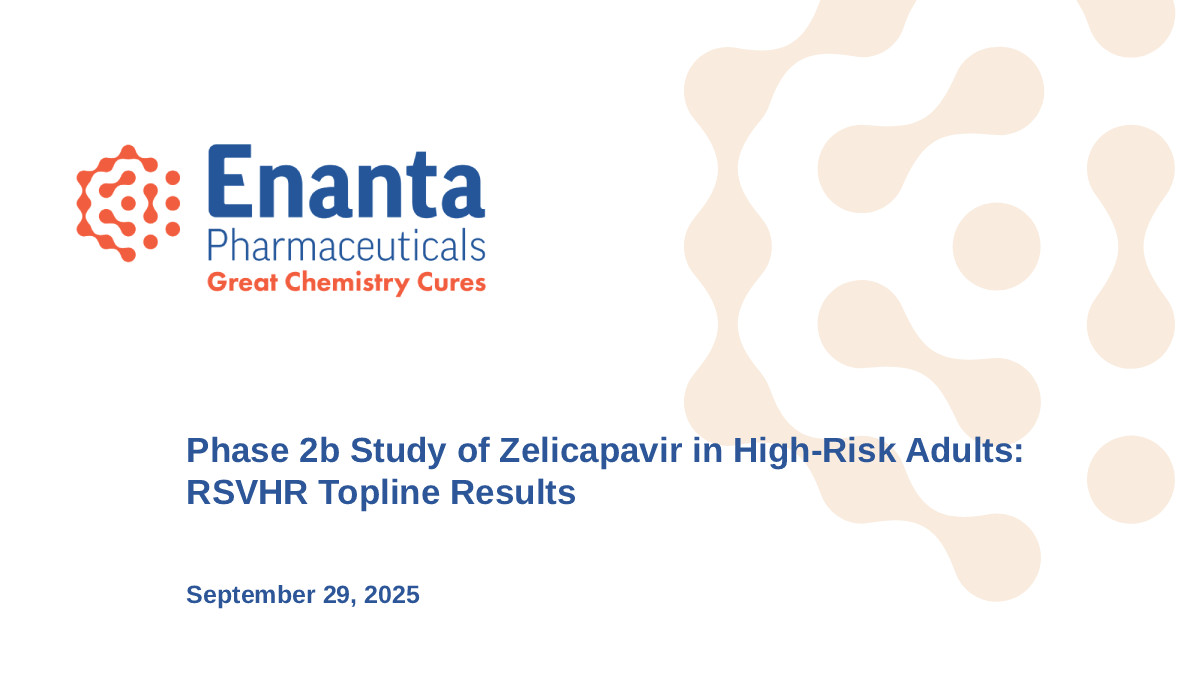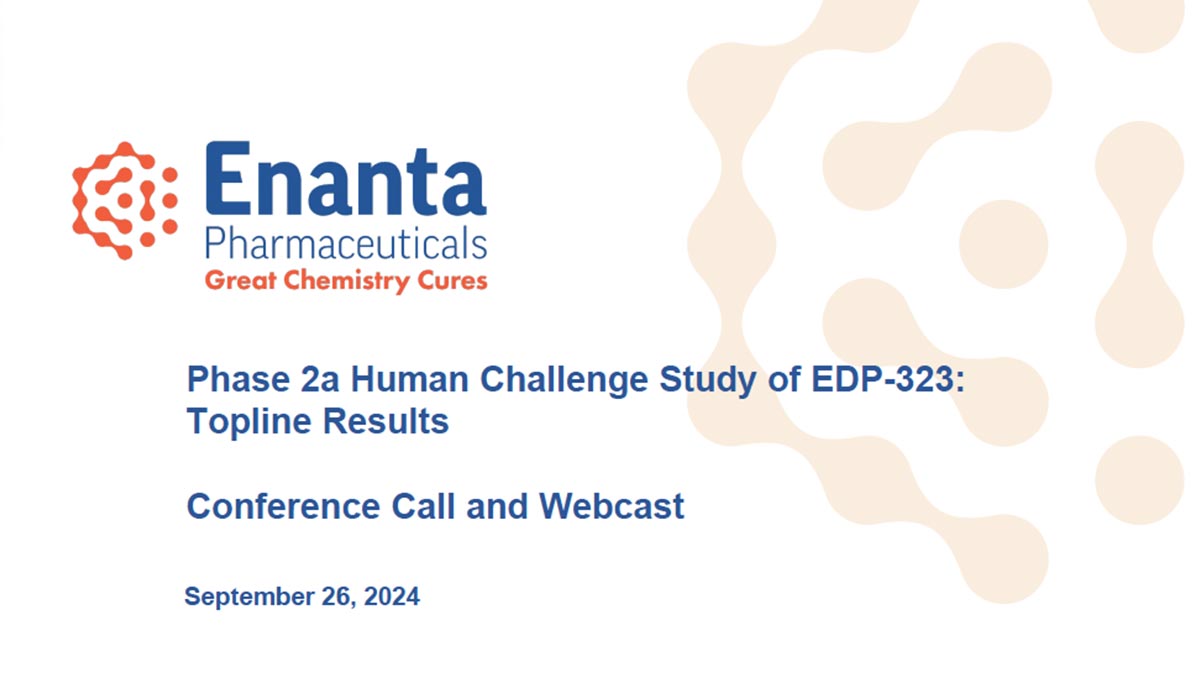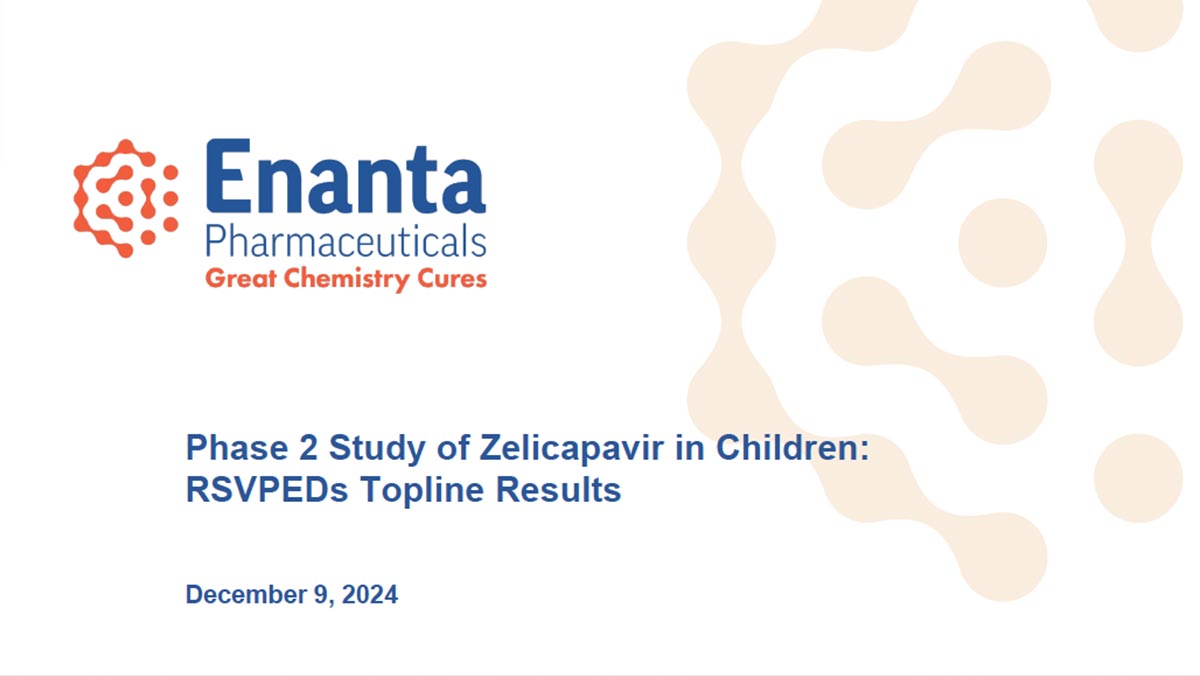About Respiratory Syncytial Virus
Respiratory syncytial virus (RSV) causes severe lung infections, including bronchiolitis and pneumonia. High risk populations include premature babies, young infants, and children. However, the virus is not limited to affecting only babies and children. Adults aged 65 and older and people with weakened immune systems (e.g. organ transplant, chemotherapy) are also at high risk.
In terms of prevalence, globally there are an estimated 33 million cases of RSV annually in children younger than 5 years of age, with about 3 million hospitalized and more than 100,000 dying each year from complications associated with the infection.1 In the U.S. alone, there are 2.1 million hospitalizations and outpatient visits in children under 5 years of age. However, of that 2.1 million, 78% of the children are older than 1 year of age.1,2 For adults 65 years and older, RSV results in more than 177,000 hospitalizations and 14,000 deaths annually in the U.S.3
A monoclonal antibody (palivizumab) is available in some high-resource countries to prevent infant RSV infections, but it is only partially effective, and is only given to the less than 2% of U.S. infants who have severe forms of heart disease, chronic lung disease, or severe prematurity.4 Currently, no safe and effective treatments exist for RSV infection.



In the U.S. alone, there are 2.1 million hospitalizations and outpatient visits in children under 5 years of age.
= 100,000 children

Globally there are an estimated 33 million cases of RSV annually in children younger than 5 years of age.
Enanta’s Approach to Treating RSV
Enanta’s most advanced candidate for RSV is zelicapavir (EDP-938), an oral, direct acting antiviral specifically targeting the N-protein. Zelicapavir, which received Fast Track designation from the U.S. Food and Drug Administration (FDA), has nanomolar potency and is highly active against all RSV-A and B laboratory strains and clinical isolates tested in vitro in various cell lines and assays.
As an N-protein inhibitor, zelicapavir directly disrupts the virus’ ability to replicate, as compared to fusion inhibitors that work by preventing cells from becoming infected while allowing viral replication to continue. Targeting the N-protein also allows for an expanded treatment window in vitro as compared to fusion inhibitors. Our N-inhibitor strategy aims to improve efficacy and potentially expand the treatment window for patients experiencing RSV infections over what an entry inhibitor might offer.
Another advantage of targeting the N-protein is that it is the most conserved gene in the viral genome, indicating it is not as flexible to change as the F-protein. This results in a much higher barrier to resistance for zelicapavir as compared to fusion inhibitors. Zelicapavir has demonstrated a very high barrier to resistance in vitro and in vivo.5,6 In contrast, the fusion protein can mutate quickly and easily to escape the effects of fusion inhibitors. This has been observed both in vitro and in vivo.7,8
Read More »
Zelicapavir has been evaluated in Phase 1 studies as well as three Phase 2 studies and one ongoing Phase 2b study. A Phase 2a randomized, double-blind, placebo-controlled, human challenge study in healthy adult subjects inoculated with RSV showed that zelicapavir resulted in a statistically significant (p<0.001) reduction in viral load and resolution of clinical symptoms compared to placebo.
Overall, zelicapavir was well-tolerated and demonstrated a favorable safety profile over five days of dosing and through Day 28 of follow-up, comparable to placebo for both dosing groups. There were no serious adverse events and no discontinuations of study drug. Zelicapavir demonstrated good pharmacokinetics, with mean trough levels maintained at approximately 20-40x above the in vitro EC90 for RSV-infected human cells. To read more about the RSV Phase 2 Challenge study, the results of which were recently published in The New England Journal of Medicine, click here.
Zelicapavir was also evaluated in RSVP, a Phase 2b study in otherwise healthy adults with community-acquired RSV. In this low-risk patient population which had mild, self-resolving infection, zelicapavir did not meet its primary endpoint of reduction in total symptom score compared to placebo, or the secondary antiviral endpoints. However, a statistically significant difference in the number of subjects achieving undetectable RSV RNA at the end of treatment at Day 5 was observed with zelicapavir compared to placebo (p=0.033). Further, zelicapavir demonstrated a favorable safety profile, consistent with that observed in approximately 600 subjects exposed to date.
Antiviral treatment for RSV, including zelicapavir, has the greatest potential to show optimal efficacy in high-risk populations, as these patients have reduced RSV immunity or other comorbidities which manifest in a longer duration of viral shedding and greater disease severity, allowing a bigger window to realize the full potential of zelicapavir. Our broad clinical development plan focuses on evaluating zelicapavir’s potential in populations with the greatest unmet need, specifically those who are at high-risk for severe disease, including pediatric patients and high-risk adults.
In December 2024, we announced results from a Phase 2 randomized, double-blind, placebo-controlled study in hospitalized and non-hospitalized pediatric RSV patients aged 28 days to 3 years old. In the study of 96 patients, an antiviral effect was observed for the primary and secondary virology endpoints in the overall pooled efficacy population. The primary endpoint in Part 2 of the study, which focused on virology, showed a pronounced antiviral effect with a 1.4 log decline in viral load at Day 5 compared to placebo. Additionally, a rapid and robust virologic effect was observed in a prespecified subset of patients who were randomized within 3 days of symptom onset, with a 1.2 log decline in viral load at Day 5 compared to placebo. The study also showed that zelicapavir demonstrated a favorable safety profile and was well-tolerated in this pediatric population. To read more about the Phase 2 study of zelicapavir in pediatrics, read here.
We are also evaluating zelicapavir in RSVHR, a Phase 2b study in a high-risk adult population, including the elderly and/or those with asthma, chronic obstructive pulmonary disease, or congestive heart failure. In September 2025, we announced positive data from RSVHR. A clinically meaningful improvement in time to complete resolution of all 13 RSV symptoms was observed for zelicapavir compared to placebo, with a benefit of 2.2 days for the overall efficacy population and 6.7 days for patients with congestive heart failure, chronic obstructive pulmonary disease or age 75 or older, termed the HR3 population, which comprised the majority (81%) of the efficacy population. Zelicapavir also showed an improvement in time to complete resolution on the 29-parameter total RiiQ™ symptom scale of 3.6 days for the efficacy population and 7.2 days for the HR3 population compared to placebo. Additionally, there was a 3.0-day faster time to complete resolution of lower respiratory tract disease (LRTD) symptoms in the HR3 population; however, no effect was observed on the time to resolution of the LRTD subset of four symptoms to mild, which was the primary endpoint. The study met the secondary endpoint of time to improvement in the Patient Global Impression of Severity (PGI-S) score, with a statistically significant 2-day faster resolution with zelicapavir compared to placebo. Importantly, a lower hospitalization rate was observed for patients treated with zelicapavir compared to placebo. The study met key secondary virology endpoints showing a robust antiviral effect. The study also showed that zelicapavir demonstrated a favorable safety profile and was well-tolerated.
For more information on RSVHR, click here.
We are also developing EDP-323, an oral direct-acting antiviral selectively targeting the RSV L-protein, which, like the N-protein, is essential for RSV replication. EDP-323, which also received Fast Track designation from the FDA, has shown sub-nanomolar potency against RSV-A and RSV-B in vitro and is not expected to have cross resistance to other classes of inhibitors. EDP-323 has been evaluated in a Phase 1 study where it demonstrated favorable safety, tolerability, and PK supportive of once-daily dosing, with good exposure multiples, thereby supporting further clinical advancement EDP-323 could be used alone or in combination with other agents, such as zelicapavir, to potentially broaden the treatment window or addressable patient populations.
In September 2024, we announced positive topline data from a Phase 2a human challenge study of EDP-323 in healthy adults infected with RSV. In this study, EDP-323 demonstrated a favorable safety profile and achieved an 85-87% reduction in viral load area under curve (AUC) by qRT-PCR (p<0.0001), a 97-98% reduction in infectious viral load AUC by viral culture (p<0.0001), and a 66-78% reduction of total clinical symptoms score AUC (p<0.0001) compared to placebo. These data showing a rapid and sustained antiviral effect with EDP-323 support further clinical evaluation of the compound.
With positive results from the zelicapavir pediatric study and the EDP-323 challenge study, we continue to have the leading portfolio of RSV therapeutics with broad optionality including a potential first- and best-in-disease compounds. These distinct mechanisms have the potential to be developed as once-daily single agents or in combination for specific populations. This optionality provides us with multiple avenues to address different patient populations.
- Li, You et al. Global, regional, and national disease burden estimates of acute lower respiratory infections due to respiratory syncytial virus in children younger than 5 years in 2019: a systematic analysis.” Lancet (London, England) vol. 399,10340 (2022): 2047-2064. doi:10.1016/S0140-6736(22)00478-0
- Hall, Caroline Breese et al. “The Burden of Respiratory Syncytial Virus Infection in Young Children.” The New England Journal of Medicine vol. 360,6 (2009): 588-98. doi:10.1056/NEJMoa0804877
- Centers for Disease Control and Prevention: RSV in Older Adults and Adults with Chronic Medical Conditions
- Red Book: 2021 Report of the Committee on Infectious Diseases, 32nd Edition. Editor: David W. Kimberlin
- Rhodin, Michael H J et al. “EDP-938, a Novel Nucleoprotein Inhibitor of Respiratory Syncytial Virus, Demonstrates Potent Antiviral Activities in Vitro and in a Non-Human Primate Model.”PLoS Pathogens vol. 17,3 e1009428. 15 Mar. 2021, doi:10.1371/journal.ppat.1009428
- Levene, Rachel Emily et al. “EDP-938 Has a High Barrier to Resistance in Healthy Adults Experimentally Infected with Respiratory Syncytial Virus.” The Journal of Infectious Diseases, jiae471. 23 Oct. 2024, doi:10.1093/infdis/jiae471
- Stray, Kirsten et al. “Drug Resistance Assessment Following Administration of Respiratory Syncytial Virus (RSV) Fusion Inhibitor Presatovir to Participants Experimentally Infected With RSV.” The Journal of Infectious Diseases vol. 222,9 (2020): 1468-1477. doi:10.1093/infdis/jiaa028
- Yan, Dan et al. “Cross-resistance Mechanism of Respiratory Syncytial Virus Against Structurally Diverse Entry Inhibitors.” Proceedings of the National Academy of Sciences of the United States of America vol. 111,33 (2014): E3441-9. doi:10.1073/pnas.1405198111


